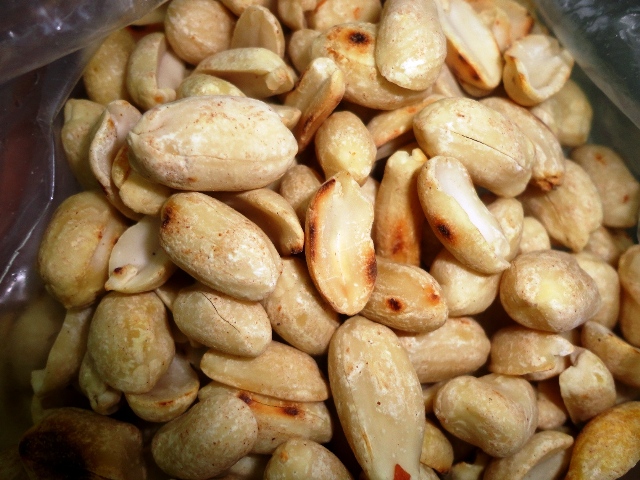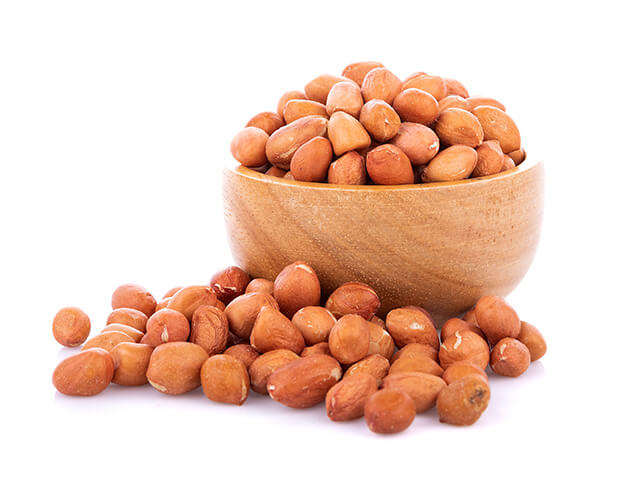Maintaining healthy blood pressure levels is crucial for overall well-being. Hypertension, or high blood pressure, is a significant risk factor for cardiovascular diseases, including heart attack and stroke. While medications are often prescribed to manage blood pressure, natural approaches can play a pivotal role in maintaining optimal levels. One such approach is ensuring an adequate intake of magnesium. This essential mineral has garnered attention for its potential benefits in managing blood pressure. In this post, we’ll explore how magnesium influences blood pressure and discuss natural ways to incorporate it into your diet.
Understanding Magnesium’s Role in Blood Pressure
Magnesium is a mineral involved in over 300 enzymatic reactions in the body. It plays a crucial role in muscle function, nerve transmission, and energy production. One of its vital functions is regulating blood pressure. Magnesium helps relax blood vessels, which can lead to a reduction in blood pressure. Additionally, it contributes to maintaining normal heart rhythm and supports the balance of other electrolytes, such as potassium and calcium, which are also important for cardiovascular health.
The Link Between Magnesium Deficiency and High Blood Pressure
Research has shown that low magnesium levels can be associated with high blood pressure. Individuals who do not get enough magnesium from their diet might be at a higher risk of developing hypertension. Studies suggest that increasing magnesium intake can help lower blood pressure, particularly in individuals with magnesium deficiencies. However, it’s essential to approach this with a balanced diet rather than relying solely on magnesium-rich foods or products.

Natural Ways to Boost Magnesium Levels
- Incorporate Magnesium-Rich FoodsThe best way to increase magnesium intake is through a varied and balanced diet. Many foods are rich in magnesium, including:
- Leafy Greens: Spinach, kale, and Swiss chard are excellent sources of magnesium.
- Nuts and Seeds: Almonds, sunflower seeds, and pumpkin seeds provide substantial amounts of magnesium.
- Legumes: Beans, lentils, and chickpeas are not only rich in magnesium but also offer additional health benefits.
- Whole Grains: Brown rice, quinoa, and whole wheat products contribute to magnesium intake.
- Fish: Fatty fish such as salmon and mackerel are good sources of magnesium.
- Optimize Your Diet with Magnesium-Containing Herbs and SpicesCertain herbs and spices are also good sources of magnesium. Incorporating these into your meals not only enhances flavor but also boosts your magnesium intake. For example:
- Coriander: Often used in cooking, coriander seeds are a good source of magnesium.
- Basil: Fresh basil can be added to salads, sauces, and various dishes for an extra magnesium boost.
- Oregano: This herb is commonly used in Mediterranean cuisine and can contribute to your magnesium intake.
- Adopt Lifestyle Practices that Support Magnesium AbsorptionCertain lifestyle practices can enhance your body’s ability to absorb and utilize magnesium effectively. Consider the following tips:
- Stay Hydrated: Proper hydration supports overall health, including mineral absorption. Drinking plenty of water throughout the day can help maintain healthy magnesium levels.
- Limit Excessive Alcohol and Caffeine: Both alcohol and caffeine can interfere with magnesium absorption and lead to its loss from the body. Moderation is key.
- Manage Stress: Chronic stress can deplete magnesium levels. Engaging in stress-reducing activities like meditation, yoga, or deep breathing exercises can help maintain a healthy magnesium balance.
- Monitor Your Magnesium IntakeWhile focusing on magnesium-rich foods is beneficial, it’s also important to monitor your overall intake. Ensure that your diet is balanced and includes a variety of nutrient-dense foods. If you have specific health concerns or dietary restrictions, consulting with a healthcare provider or nutritionist can provide personalized guidance.
Other Lifestyle Factors to Consider
In addition to magnesium, several other lifestyle factors can influence blood pressure. Regular physical activity, a balanced diet low in sodium and high in potassium, and maintaining a healthy weight all contribute to optimal blood pressure levels. Incorporating a holistic approach that combines these factors with a focus on magnesium can enhance your overall cardiovascular health. If you are looking for more ideas about the 6 best magnesium supplements, you can visit their page for more info.
Conclusion
Magnesium plays a significant role in supporting healthy blood pressure levels. By incorporating magnesium-rich foods into your diet, optimizing your intake through herbs and spices, and adopting lifestyle practices that support magnesium absorption, you can naturally support your blood pressure management. Remember, a balanced approach that includes various healthy habits is essential for maintaining optimal cardiovascular health. If you have concerns about your blood pressure or magnesium levels, it’s always a good idea to seek advice from a healthcare professional.










